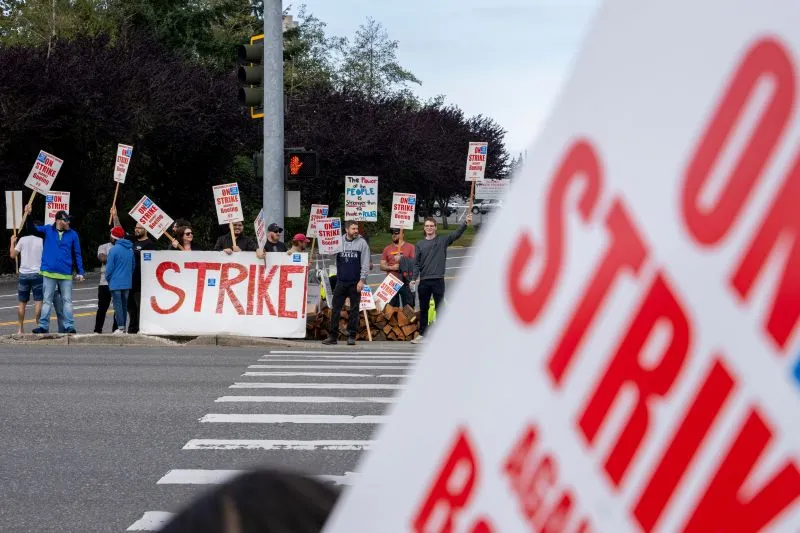Boeing Strike: What It Means for Workers and Executives

Boeing Workers Take a Stand
The ongoing Boeing strike signals a pivotal moment for workers after years of organizational turmoil. With executives pocketing substantial pay increases while the workforce sees stagnant wages, tensions have erupted.
The Background of Discontent
Boeing's recent history is marked by a series of challenges, including financial losses and strained union relationships. The striking workers are pushing back against long-held grievances sparked by poor management decisions.
Management's Faulty Decisions
- Executive pay increases while employees faced stagnant wages.
- Previous concessions made by the union resulted in lost benefits.
- Expansion of production to a nonunion facility in South Carolina.
The Calls for Fair Treatment
Workers are demanding higher wages, better job security, and improved benefits. The demand for a 40% pay increase over four years reflects a broader struggle against inflating costs of living.
Implications for the Future
The current strike represents a surge in labor movements across the United States, echoing the recent victories by the United Auto Workers. This moment could reshape labor relations not just at Boeing but industry-wide.
This article was prepared using information from open sources in accordance with the principles of Ethical Policy. The editorial team is not responsible for absolute accuracy, as it relies on data from the sources referenced.